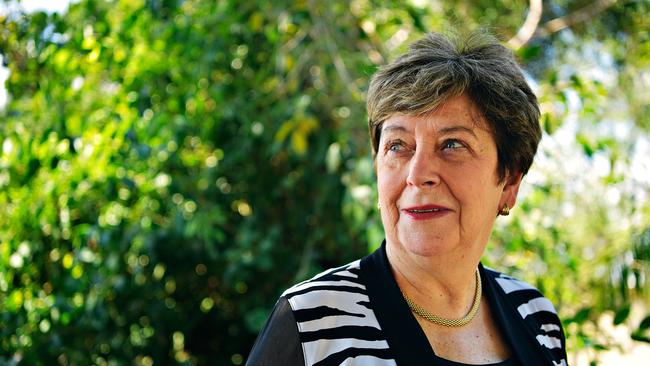Age-old prejudice ‘is still a problem’
Two in three Australians have experienced an incident of ageism within the last five years, whatever their age, a new report from the Human Rights Commission finds.
What type of ageism do you face?
If you are younger than 40 it is most likely being condescended to or ignored at work. If you are middle aged it is more likely about being turned down for a job for a younger person. And if you are “older”, for that read 62+, you will not be enjoying the experience of being “helped” without asking for it.
These are the findings of a new Human Rights Commission report that describes ageism as the most common form of discrimination.
“Sixty per cent of Australians agree they may have stereotyped people or made assumptions about people because of their age,” the report, What’s Age Got To Do With It, finds. The report also acknowledges that ageism doesn’t only affect older people, with two in three Australians having experienced an incident of ageism in the past five years.
“Ageism is arguably the least understood form of discriminatory prejudice, with evidence suggesting it is more pervasive and socially accepted than sexism or racism,” the nation’s Age Discrimination Commissioner, Kay Patterson, said.

But Dr Patterson said the survey of more than 2400 people and 11 focus groups undertaken in 2020 and 2021 also busted some of the stereotypes attributed to the generational divide.
For instance, 70 per cent of Australians disagree that the current older generation is leaving the world in a worse state than before, she said. And fewer than 20 per cent agreed that any age group was a burden on their family or society.
“Over half the survey respondents agreed that making jokes about age is more socially acceptable than making jokes about things like race or gender,” Dr Patterson said.
The report finds Australians’ views about the different life stages have not kept pace with the demographic changes that have taken place over recent decades.
“Increased longevity, changing social mores, cultural factors and economic shifts mean people are realising key milestones (completing an education, establishing a career, finding a partner, buying a home, having children, retiring) at later ages,” the report says.
But age stereotypes remain.
“Older people may be seen as benign exemplars of warmth, experience and free childcare or as part of an impending threat of a ‘silver tsunami’,” it says. “Middle-aged people can be seen as caught between work and raising families, while chasing lost youth. Young adults are seen as carefree, irresponsible hedonists when they are not studying or working, or immersed in social media.”




To join the conversation, please log in. Don't have an account? Register
Join the conversation, you are commenting as Logout